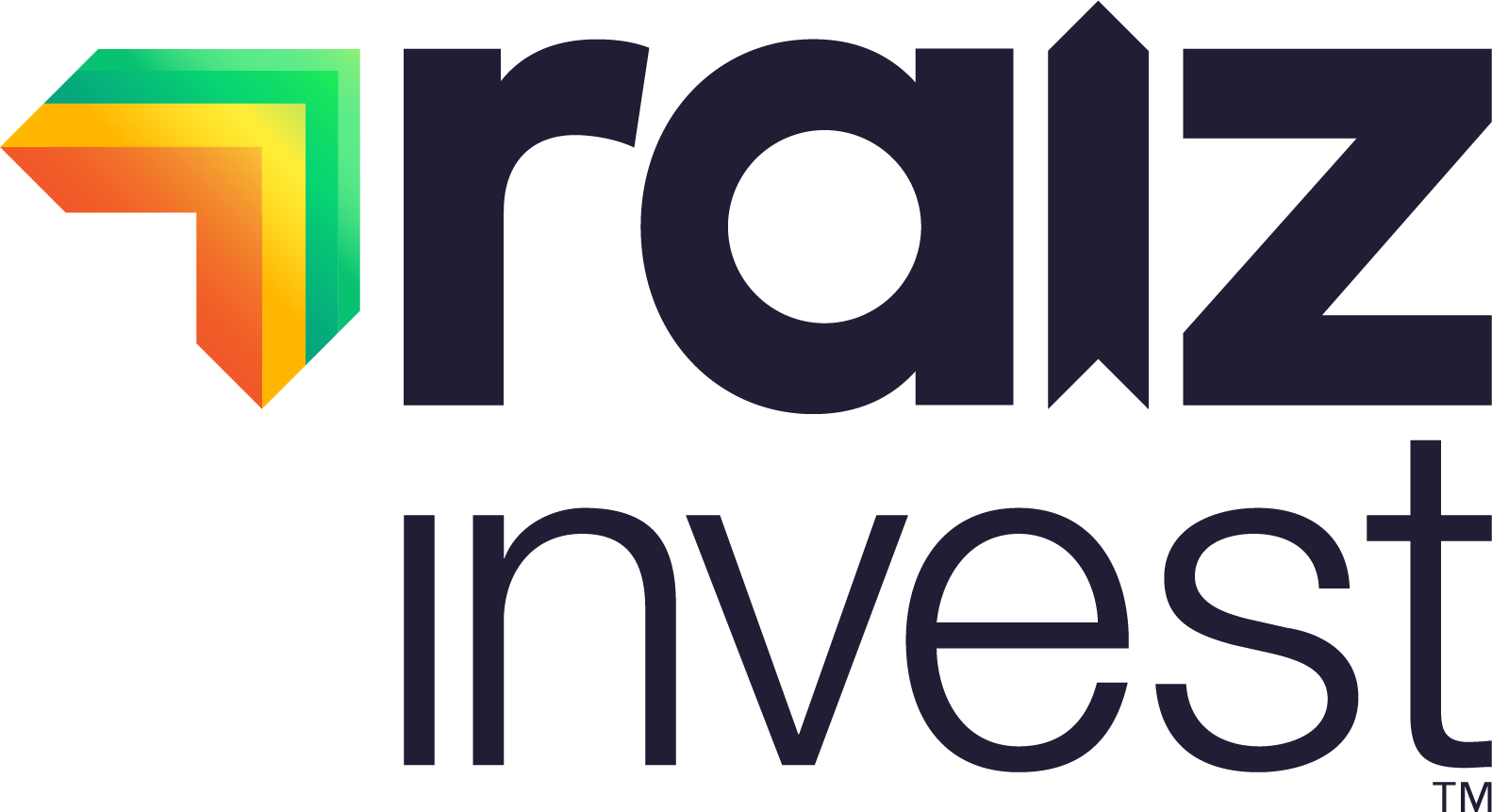US dollar slides whilst US stocks rally

7-12-2020
George Lucas, Raiz Group CEO
Last week has seen further evidence of a trend already underway for some time in the financial markets — the rally in equities and the decline in the US dollar. November was one of the best months on record for equity markets and also one of the worst in recent times for the US dollar.
The main drivers for this theme appears to be Democrat Joe Biden’s win in the US presidential election and the speedy progress being made on vaccines to combat the global spread of COVID-19.
This has created less uncertainty, with expectations for a faster recovery from coronavirus brightening the prospects for “risky” assets, notably equity sectors and emerging market currencies that were hit hardest by the pandemic shock earlier this year.
Aussie dollar surges to two-year high
While the USD continues to slide, the Australian dollar this week lifted to a 28-month high.
The Australian dollar often acts like an emerging market currency due to its links to China and commodity prices which is part of the story here, however the Reserve Bank of Australia will not be happy if the local unit continues to rally because it dents efforts to boost Australian economy.
When it comes to equities, it’s worth making some observations in the context of a weaker greenback and stronger Australian dollar. First, a weaker US dollar supports US equity markets as over 40 per cent of revenue of S&P 500 companies is earned outside the USA, so when it is translated back to revenue in USD the revenue of S&P 500 companies increases;
Second, US stocks owned in Australia will not rise as much in AUD terms because of a weaker USD; and,
Thirdly, Australian stocks, like iron ore companies, earn money offshore quoted in USD so their AUD revenue will fall simply due to a strong dollar.
I have used the example of the Australian stock market and Australian dollar but these principles are also true for all markets outside the US, especially emerging markets.
COVID-19 alters central banks’ risk appetite
Another trend we’re seeing is a change in risk appetite as the pandemic creates an environment where policy rates and government bond yields in much of the world are fairly stable at low levels.
For example, the US Federal Reserve has little room to change interest rates due to the systemic risk this would create in the US financial system. Meanwhile, Australia and other emerging markets need to keep their rates as low as possible to try and halt the rise of their currency against the USD.
US jobs growth slows amid coronavirus surge
On jobs, nonfarm payrolls rose by 245,000 in November, down from 610,000 in October, underlining that the renewed surge in US virus cases and restrictions is weighing on services demand.
The downbeat news didn’t rock the markets, with the focus appearing to be past short-term COVID-related issues as the potential of a vaccine roll-out becomes more likely.
In my view, US employment growth will probably slow further in December but will be below 5 per cent by end-2021 as vaccines come online.
Focus in the US this week will be on fiscal negotiations, with lawmakers seemingly closer to striking a new coronavirus relief deal probably worth between $500 billion and $1 trillion. This is much smaller than what President-elect Biden wanted, so there may be more to come next year as well.
Australia’s GDP bounces back in Q3
In Australia, consumption led the stronger-than-expected rebound in Australia’s GDP in Q3, with the economy expanding by 3.3 per cent in the three months to September.
The rebound was led by household spending, which increased 7.9 per cent, while on an annual basis GDP contracted by 3.8 per cent. I expect the country’s economy to continue to recover faster than is widely anticipated in the coming quarters.
Important Note: The information on this website is provided for the use of licensed financial advisers only. The information is general advice and does not take into account any person’s particular investment objectives, financial situation or investment needs. If you are an investor, you should consult your licensed adviser before acting on any information contained in this website.
Investors only: The information in this Document is confidential it must not be reproduced, distributed or disclosed to any other person unless it is part of their statement of advice. The information may be based on assumptions or market conditions and may change without notice. This may impact the accuracy of the information. In no circumstances is the information in this Document to be used by, or presented to, a person for the purposes of making a decision about a financial product or class of products.
General advice warning: The information contained in this Document is general information only. It has been prepared without taking account any potential investors’ financial situation, objectives or needs and the appropriateness of this information needs to be considered in that context. No responsibility or liability is accepted by Instreet or any third party who has contributed to this Document for any of the information contained herein or for any action taken by you or any of your officers, employees, agents or associates.



